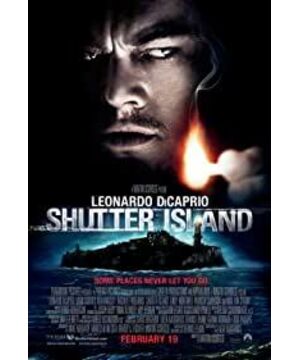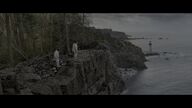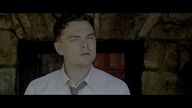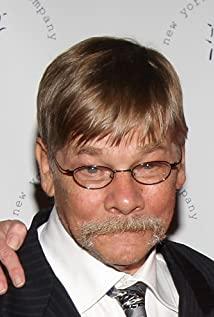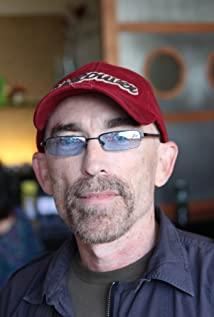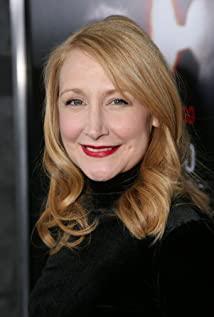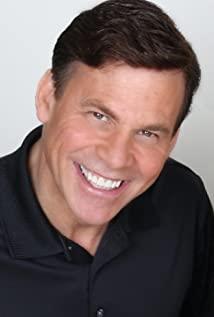In 2010, Xiao Lizi released two masterpieces in succession, Inception and Shutter Island. In these two works with very different contents, I don't know if it was a deliberate arrangement or if the two directors had a good heart. The two plays that Xiao Lizi took are quite similar in purpose. The setting is that Ying Nian's wife is not normal, and after she died, she ran out and jumped around, so when I first watched Shutter Island, it was really confusing. After all, Shutter Island is different from Inception. Inception is purely a mysterious brain storm. Everyone struggled to speculate, debate, and really, whether the spinning top stopped at the end, and whether Xiao Lizi woke up. The one hundred and twenty minutes are certainly wonderful. There are many doubts, but after racking my brains to figure it out, I always feel that there is something missing. And Shutter Island, after its ups and downs of suspenseful tales, has something else. Even if you haven't read the novel, in fact, the director of Shutter Island has subtly concluded the ending at the end. Teddy did not look back. He chose to live his life soberly like a painful monster with the guilt of killing his wife; Murdered the mind and reason, to be a good man with a clean conscience. In this 21st-century story, the notorious lobotomy, which has run amok in the spiritual healing world for two decades, is transformed from an inhuman demon into an angel of peace of mind. The operation in the story, lobotomy, reminds me of "One Flew Over the Cuckoo's Nest". If you compare these two stories together, there are many similarities, especially ten minutes before the story turns, they seem to be the same. They are all about the challenge and resistance of a free soul seeking the truth against the ruthless system. However, Shutter Island tells us that this desire and passion is just unrealistic to live in the crazy head of a lunatic and criminal. fantasy. This clever and ingenious ending makes the whole story a moral allegory of good saving evil and light illuminating darkness. In "Flying Over the Cuckoo's Nest", it represents the system of discipline, punishment and inhumane discipline. After 40 years, it has become the incarnation of omniscience, omnipotence and goodness, saving all beings for the benefit of mankind. McMurphy is not all good, or there is no such thing as a demarcation and explanation of good and evil in One Flew Over the Cuckoo's Nest. No matter what social context he lives in, McMurphy is a complete villain, but he frankly admits and accepts the one in his heart The existence of the beast, never trying or letting anyone tame it, was freedom for McMurphy. Teddy is tamed, but the all-knowing, all-powerful, and all-good spiritual treatment system can only tell his evil, he can admit it, but he can't face and accept the beast in his heart, preferring to choose walking dead and become a sidewalk without pain, " What a happy man!" I don't know if our society is advancing or regressing. At the end of One Flew Over the Cuckoo's Nest, the Chief suffocated McMurphy, who had undergone lobotomy surgery, with a pillow, because he knew that "free or die" McMurphy would never want to live like this. Now, as Teddy walks to the lighthouse with a peaceful expression, like a savior on a cross, we suffocate McMurphy once again, just to murder the beast in our heart, for the cowardly and cowardly heart, in exchange for Eternal peace and tranquility.
View more about Shutter Island reviews


